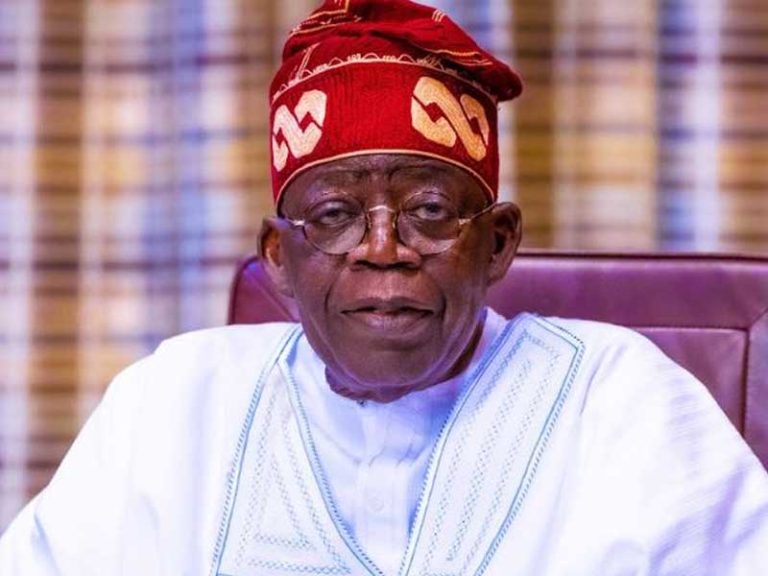President Bola Tinubu has called on West African leaders to accelerate the deployment of the ECOWAS Standby Force, stressing the need to move from strategy to action in addressing terrorism and cross-border crime.
In a statement issued Sunday by Bayo Onanuga, Special Adviser on Information and Strategy, Tinubu expressed his concerns during the 67th Ordinary Session of the ECOWAS Authority of Heads of State and Government held Saturday in Abuja.
“The ECOWAS Standby Force must move from concept to operational reality. I am a little bit worried about the slow pace of its activation, which is taking longer than desired,” Tinubu said, as he prepared to conclude his tenure as ECOWAS chairman.
The president highlighted the growing threat posed by transnational criminal networks that operate across borders and called for stronger regional cooperation.
“The threats confronting us are transnational, driven by agile and dangerous networks that respect nobody’s border.
No single nation can address these challenges alone. We must strengthen coordination, amplify political will, and adopt a united approach,” he added.
Achievements and Diplomatic Efforts
Tinubu also outlined significant milestones achieved during his chairmanship, including the completion of the ECOWAS Military Logistics Depot in Lungi, Sierra Leone.
“With the depot’s completion, Nigeria is committing to sea-lift and air-lift arrangements with ECOWAS,” he said.
He noted that Nigeria had also signed the Sixth Agreement with the African Union in Addis Ababa to bolster regional cooperation.
On the diplomatic front, Tinubu expressed optimism about the potential return of suspended member states—Burkina Faso, Mali, and Niger.
“Under my chairmanship, I deployed every diplomatic effort to engage with our brothers in Burkina Faso, Mali, and Niger. I am confident that they will soon rejoin the ECOWAS family,” he said.
Call for Economic Integration and Infrastructure Development
Tinubu urged West African nations to focus on economic integration, calling for reduced trade barriers and enhanced support for the private sector.
“Our intra-regional trade remains low, despite our enormous economic potential. We must empower the private sector, create a conducive environment, and foster innovation.”
He also advocated for the rapid implementation of critical infrastructure projects, including the West African Gas Pipeline, the West African Power Pool, and the Abidjan–Lagos Corridor Highway, describing them as essential for regional growth and integration.
The session in Abuja marked the official end of President Tinubu’s tenure as chairman of the 15-member ECOWAS bloc.

